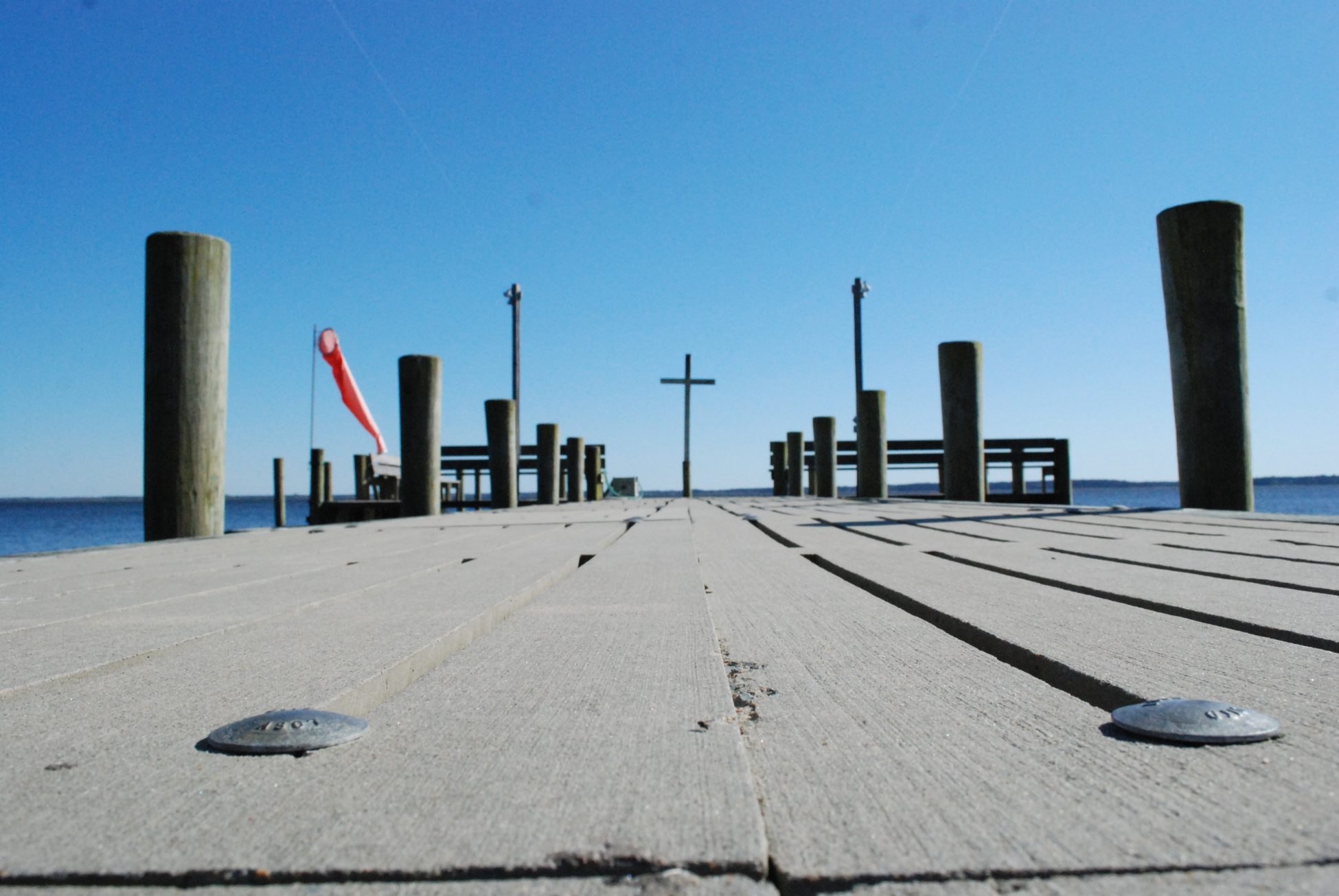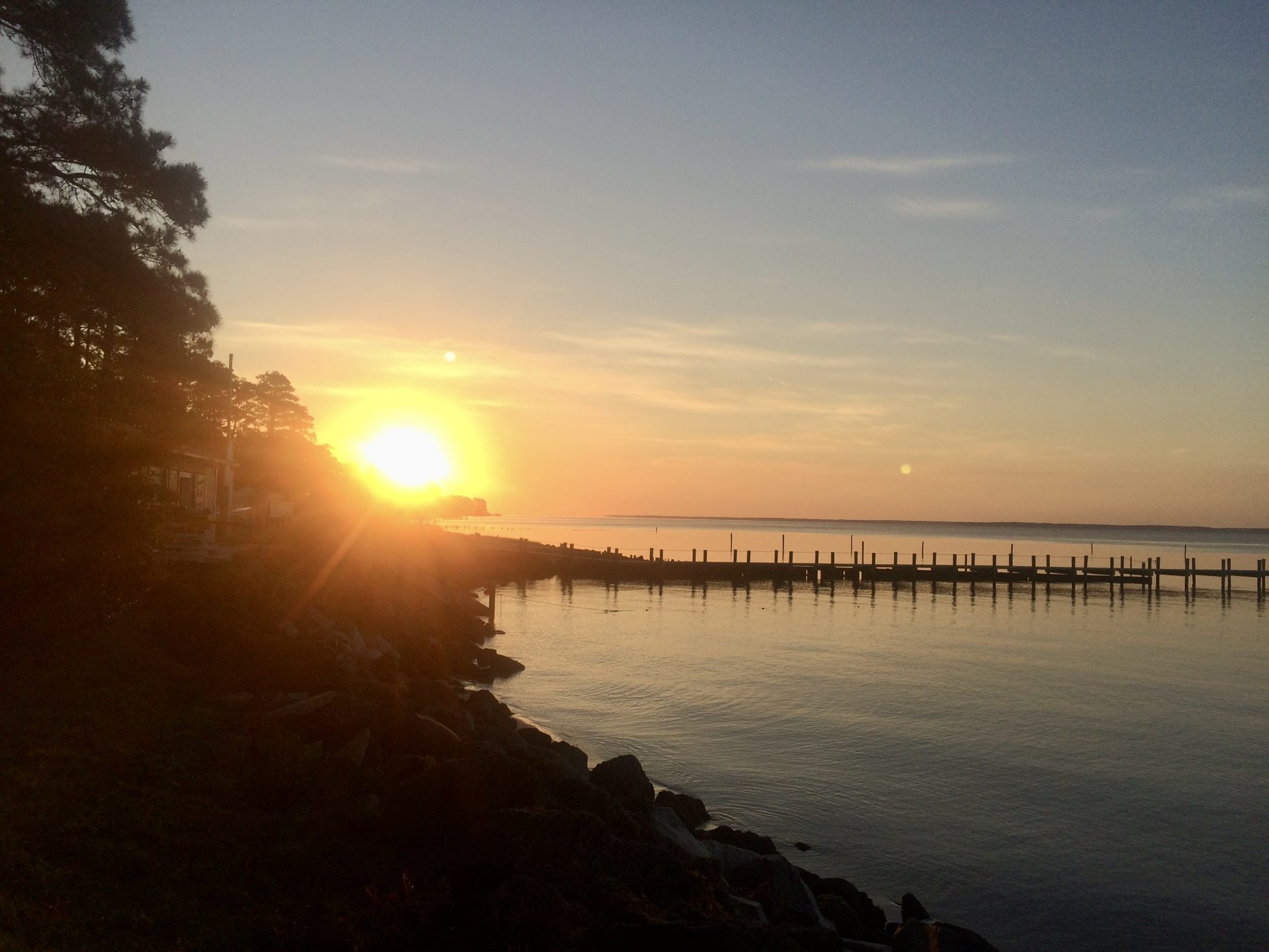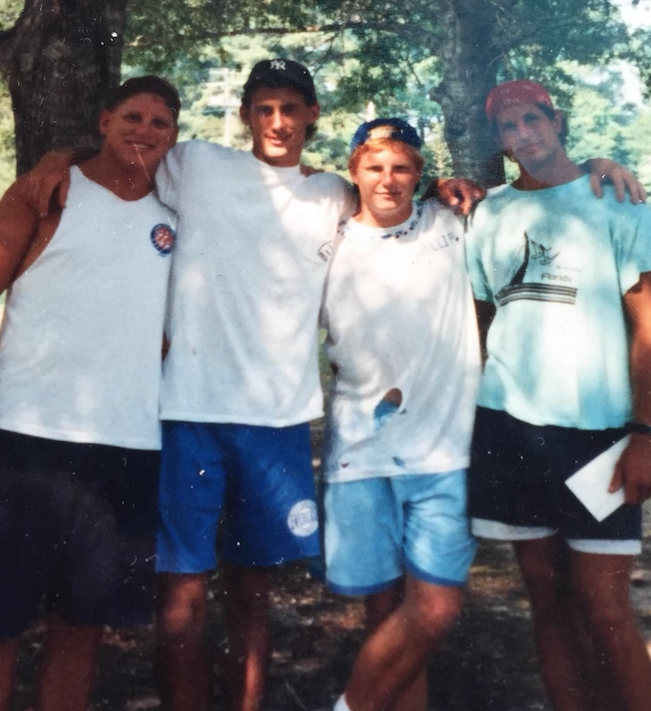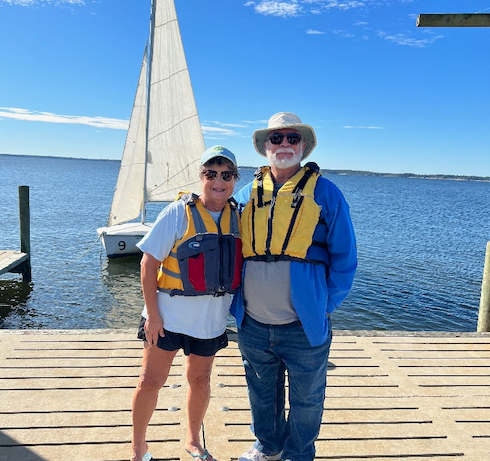Day 23: Exodus 17:1-7

Day 24: Colossians 1:9-14

9 For this reason, since the day we heard about you, we have not stopped praying for you. We continually ask God to fill you with the knowledge of his will through all the wisdom and understanding that the Spirit gives,[a] 10 so that you may live a life worthy of the Lord and please him in every way: bearing fruit in every good work, growing in the knowledge of God, 11 being strengthened with all power according to his glorious might so that you may have great endurance and patience, 12 and giving joyful thanks to the Father, who has qualified you[b] to share in the inheritance of his holy people in the kingdom of light. 13 For he has rescued us from the dominion of darkness and brought us into the kingdom of the Son he loves, 14 in whom we have redemption, the forgiveness of sins.
We are here to serve.
When I read this verse, I think of Staff Worship. Just ten minutes after we eat the best chicken sandwiches and about an hour before we welcome 200+ kids into the gates of CDL, we are given a time to settle, hear God’s word, and prepare ourselves for a busy week. It is a time of peace that allows us to center our focus on the campers we serve each summer. We are prayed over, each day, week, and month we are at camp but the prayers at staff worship are always about being disciples of Christ.
That is what I read here. God brought us out of darkness, brought us into the kingdom of the Son he loves, taught us to be good, and then sent us out in the world to be disciples. We are disciples at Camp Don Lee. Whether that be praying before a meal, leading a worship service, helping someone learn how to swim or sail, and even letting someone when get a snack on your store account. You are opening your heart and letting God show through you. You are also setting a good example for your campers. That may be shown by the way you interact with other staff, the way you help out around camp and also if you play four-square rather than sitting out and watching. All of these are both an example of showing God’s love through your actions and setting a good example.
I see myself opening my heart the most when I am in the gates of CDL. There is truly something special about this place. The quiet and sometimes wet morning walk to Vesper Dell for morning watch, the typical summer rain storm that cancels sailing and swimming and sends the staff into a frizzle, the sunset over the river/pier at worship, and the relationships you form. I find peace at camp. I find myself more open to accept God’s word and his plan for my life. I feel uplifted at worship while I listen to friends and campers sing songs that glorify the Lord. I also feel empowered to lead. I have supportive co-workers that lift me up and encourage me. They are an example of God’s love shown through action.
I feel happy. That is God’s plan for each and every one of us. He wants us to be joyful, strong, patient, and holy. I feel all of those things at Camp Don Lee and I am sure every one of you do as well.
Prayer: God, thank you for bringing us out of darkness and into your light. Thank you for giving us places like Camp Don Lee that we can be open and accepting in. Lord, we ask that you continue to give us strength, knowledge, and patience. We are thankful for the places and people that you give us. Amen
Submitted by: Anna Blount - Summer staff member 2020-2022.
Day 25: Psalm 130

This is a prayer of lament, a prayer of complaint. The psalmist cries out from the depths of pain and sorrow. We do not know if this is a personal struggle or a situation outside the psalmist's control, but we do know the psalmist is in a season of disquiet, disturbed and uneasy. The psalmist prays for God to bring new life through forgiveness and redemption.
We can relate to the psalmist's cry. We find ourselves in situations when we have messed up. We have broken relationships. We have lost hope in others. We grieve losses of all kinds. We hold on to anger when nothing goes our way. We reside in the depths of misery and hopelessness.
The psalmist shows us how to be in an authentic relationship with God, bringing troubles, pain, and complaints to God. We do not have to come to God with a holy reverence or a happy heart. We do not have to have our lives all together before we talk to God. We can come to God angry and hurt. We can cry out to God in our brokenness and loss. We can come to God to demand that God hear us and listen to our cry.
The psalmist cries out even without the promise of God's response. The psalmist believes that crying out to God and vocalizing the trouble is enough. The psalmists place their trust in God even before God responds, putting their hope in God to redeem God's people and bring new life. God can handle our grievances. God can handle our anger. God can handle our complaints. God hears us, and being heard is sometimes enough.
Prayer: Hear my prayer, O God. I life up my worries and sorrows to you knowing that you hear me and want me to know your peace, forgiveness, and redeeming love. Amen.
Submitted by: Robert Brewer, Disciplines, The Upper Room, 2023.
Day 26: Psalm 130

It seems waiting never gets easier, at least not for me. The anxiety that can come with waiting for test results for yourself or a member of your family. The worry that can come with waiting for that text, “I’m home” when kids and parents travel. Waiting can be lonely, waiting can rob us of today as we worry about tomorrow; and the reality is, we will spend a lot of our lives waiting. However, waiting is something common to us all.
Perhaps that helps us empathize with the psalmist as the psalmist describes waiting for God; waiting for God’s promise, as they plead for God’s mercy; knowing they don’t measure up, acknowledging it is impossible for anyone to measure up on their own merit with God.
“My whole being waits for my Lord— more than the night watch waits for morning; yes, more than the night watch waits for morning!”
Being on night watch in the times of the psalmist, working when others are sleeping, I can’t imagine this was the premier shift to work; but your watch at night was important, it helped others to feel safe, gave others the opportunity to sleep. Yet, how ready were they for their shift to be over? Working when the world sleeps takes a special someone, and as the husband of someone who has worked night shift in the NICU for over 20 years, I know sometimes morning can’t come soon enough; so they can walk to their cars, and hopefully make safe travel home only to do it all over again.
“My whole being waits for my Lord— more than the night watch waits for morning; yes, more than the night watch waits for morning!”
Too often we spend time in the past, thinking about regrets, mistakes, and missed opportunities. However, a new day brings new opportunities. The troubles and sins of yesterday give way to the promises and opportunities of a new day, the promises of an awesome, forgiving, and faithful God. May we live with each day like the psalmist, with passion and hope while waiting on God’s promises.
This psalm reminded me of a picture I captured early one morning from Vesper Dell during a Father/Child Retreat in May 2015. I click on this picture often to remind myself of camp, but also to remind myself of the beauty of the God of new beginnings.
Prayer: Holy and awesome God, during this Lenten season may we wait with hope, living as people holding onto the promises of God, and may our collective witnesses bring glory and honor to You. Today and always. Amen
Submitted by: Phillip Edwards - Former camper, former summer staff member, father of three former campers.
Day 27: Romans 8:38-39
For I am persuaded, that neither death, nor life, nor angels, nor principalities, now powers nor things present, nor things to come, nor height, nor depth, nor any other creature shall be able to separate us from the love of God, which is in Christ Jesus our Lord.

Day 28: Psalm 77:1-2
I cry aloud to God, aloud to God, that he may hear me. In the day of my trouble I seek the Lord: in the night my hand is stretched out without wearying; my soul refuses to be comforted.

